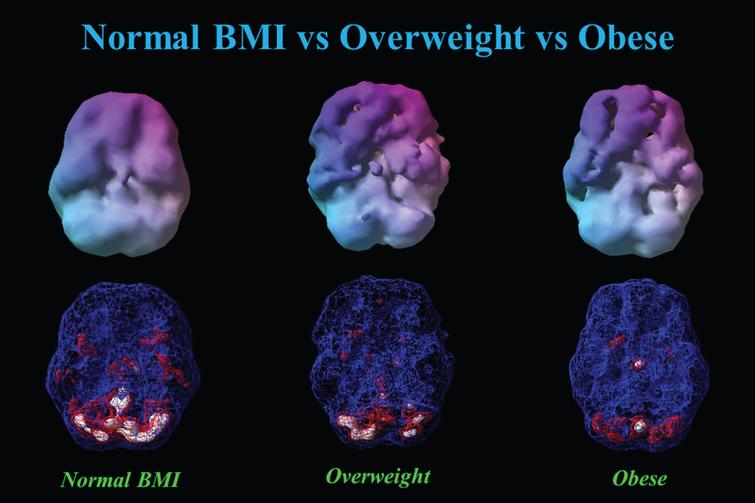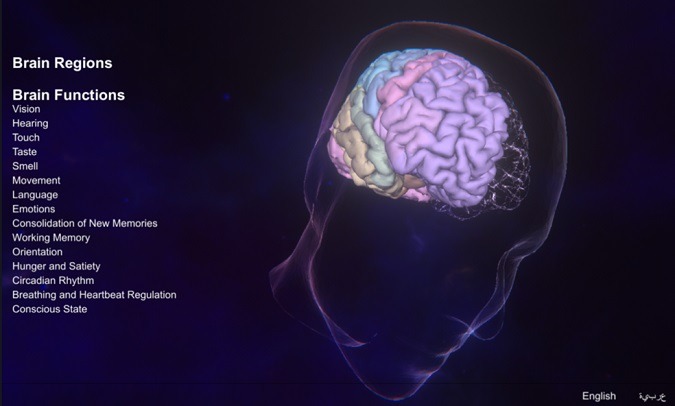Posts Tagged ‘brain regions’
Mapping ‘psychedelic trips’ in the brain to better direct their therapeutic effects
For the past several decades, psychedelics have been widely stigmatized as dangerous illegal drugs. But a recent surge of academic research into their use to treat psychiatric conditions is spurring a recent shift in public opinion. Psychedelics are psychotropic drugs: substances that affect your mental state. Other types of psychotropics include antidepressants and anti-anxiety medications.…
Read MoreHigher body mass index (BMI) linked to lower blood supply to the brain in large neuroimaging study
Body weight has surprising, alarming impact on brain function (Science Daily): As a person’s weight goes up, all regions of the brain go down in activity and blood flow, according to a new brain imaging study in the Journal of Alzheimer’s Disease … scientists analyzed over 35,000 functional neuroimaging scans using single-photon emission computerized tomography (SPECT) from…
Read MoreThe Virtual Brain Web Atlas: How the Mind emerges from the Brain
__ The Virtual Brain Web Atlas by the Human Brain Project offers a beautiful way to explore the anatomy of brain regions and brain functions. Feel free to enjoy this interactive 3D model to learn much about our brains and our minds!
Read MoreNeuroimaging study finds extensive brain rewiring–in just six months–among illiterate adults learning to read and write
— Learning to read and write rewires adult brain in six months (New Scientist): “Learning to read can have profound effects on the wiring of the adult brain – even in regions that aren’t usually associated with reading and writing. That’s what Michael Skeide of the Max Planck Institute for Human Cognitive and Brain Sciences…
Read MoreCan Brain Training and Biofeedback Help Prevent Depression
In two innovative pilot studies, Ian Gotlib and his colleagues at Stanford University, California, showed that brain training can be used to help eliminate depression, even before it starts. They studied young girls (10 to 14 year old) whose mothers were depressed and who thus were at higher risk of developing depression themselves later-on. The girls…
Read More




